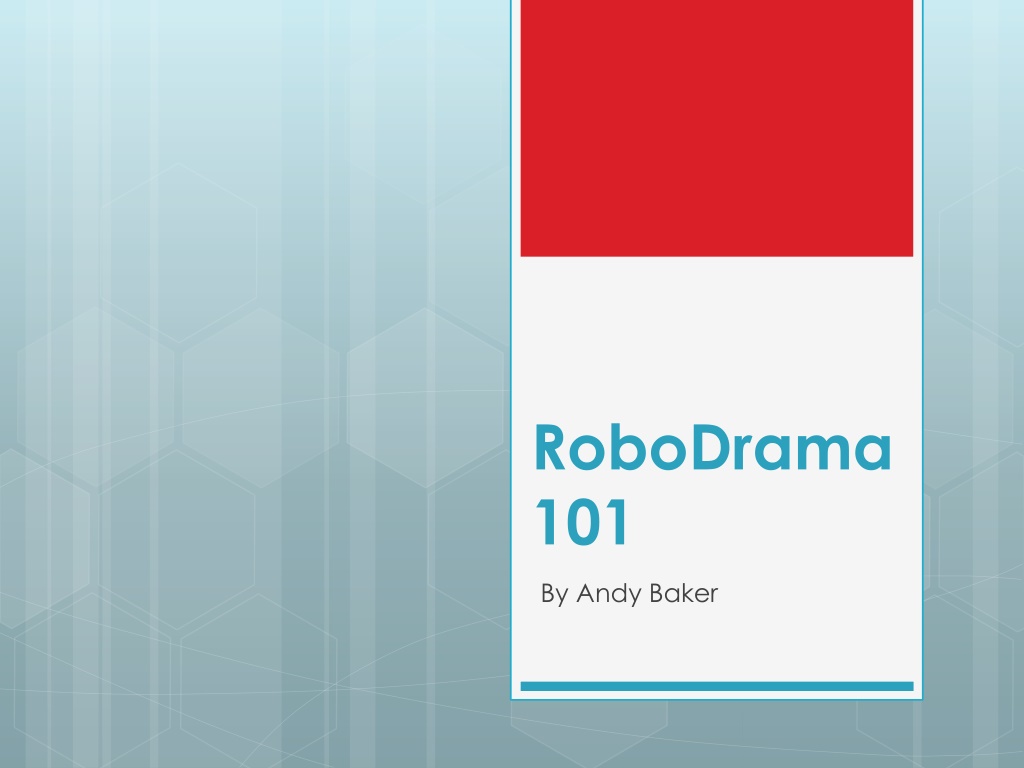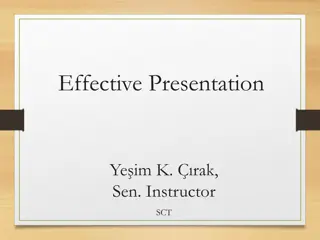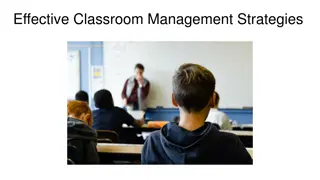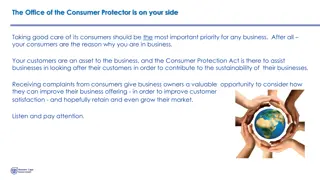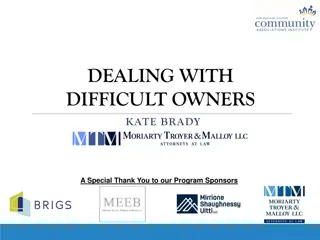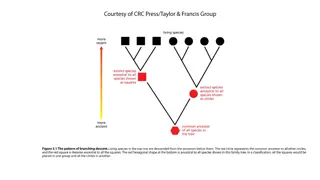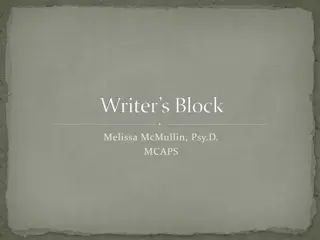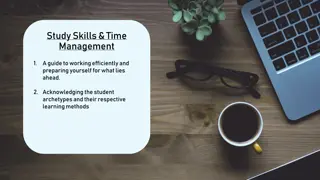Dealing with RoboDrama: Effective Strategies and Tips
Addressing and resolving issues within a robotics team, RoboDrama refers to problematic situations, internal and external root causes, and tips for effective management. From poor communication to lack of credit and self-awareness, the article provides insights into handling conflicts, fostering respect, and improving team dynamics.
Download Presentation

Please find below an Image/Link to download the presentation.
The content on the website is provided AS IS for your information and personal use only. It may not be sold, licensed, or shared on other websites without obtaining consent from the author. Download presentation by click this link. If you encounter any issues during the download, it is possible that the publisher has removed the file from their server.
E N D
Presentation Transcript
RoboDrama 101 By Andy Baker
RoboDrama Ro-bo-dra-ma noun 1. Problematic issue within a robotics team 2. Difficult to deal with politics within a robotics team 3. Issues or politics about a robotics team with outside organizations
Background Working since age 14 High school jobs Co-op job @ GE Plastics 15 years @ Delphi 13 years @ AndyMark BS Mechanical Engineering 91, Univ. of Evansville FIRST mentor since 1998 (FRC 45, 3940) Championship WFA Winner Co-founder of IndianaFIRST Event organizer, volunteer FIRST Crown Supplier
Root causes: Within your team Poor student, mentor attendance Not following school/team rules during travel Not treating students equally Failure to give credit to others while achieving success Poor communication to parents, mentors, and/or students Working under a tight timeline, with not enough resources and not enough money Putting individual needs over the needs of the team Not providing evidence when choosing student roles (only depending on opinions)
Root causes: External to your team Incorrect self-awareness of your team s ability, strengths, and weaknesses Failure to give credit to others while achieving success Members speaking, emailing, or posting negative opinions about other teams or team members Airing your team s dirty laundry publicly Putting your team s needs as a priority over the detriment to your community
Tips to Handle Issues Respect Equality Communication Expectations & Goals Issues not Emotions Follow Procedures Be Accountable
Respect between Teammates and co-workers Show up Communicate as much as possible Understand relationships and accommodate Minimize gossip Understand teammates struggles Don t think that you re better than anyone There will always be the bad teacher , horrible boss , or crazy co-worker Admire and take advantage of experience
Respect between teams Sponsorships, award submissions Chrysler, Delphi in Kokomo Community > Awards Website, Chairman s Award entries Give credit Design sharing, first to do this Match play (co-opertition, jerk factor , etc.)
Treat People Equally Root cause for many issues Golden Rule Do unto others as you would have them do unto you Engineering / Union worker Management / Team member Hourly / Salary worker Freshman / Senior Boy / Girl Student / Mentor Minority / Majority
Communication Email GOOD: Facts, details, record keeping BAD: Emotions, arguing, speculation, issue resolution Phone GOOD: Issue discussion, speculation BAD: details and record keeping Text / PM / Messenger / Twitter Mix of both, not good for issue resolution Face to face GOOD: Issue resolution, emotion, arguing BAD: details and record keeping People prefer different ways to sell, convince, and discuss issues. Understand people s preferences.
Expectations and Goals Everyone must have same overall goals & expectations regarding how to achieve Treasure hunt example Purpose for regular, efficient meetings Everyone has slightly different way to achieve goals Slips and surprises happen, communicate them quickly Good for competition, funding, project management
Issues not Emotions Understand, clarify the issues Stay calm, but realize others may be upset Address the problem, not person Email checker Time out Don t intimidate
Use Procedures Procedures are made after issues happen Once made, communicate and follow procedures Team role selection Application process Post match review Student leadership role limitation Parent issues Attendance Student role selection Student behavior issues Follow chain of command School procedures and policies Travel issues, rooming
Be Accountable Self-awareness Self-deprecation is a good thing Communicate surprises and issues proactively, ASAP Admit fault quickly if you are clearly wrong Defend those who are not wrong Identify and address bullies Expect accountability of others
Thank you! andyb@andymark.com
